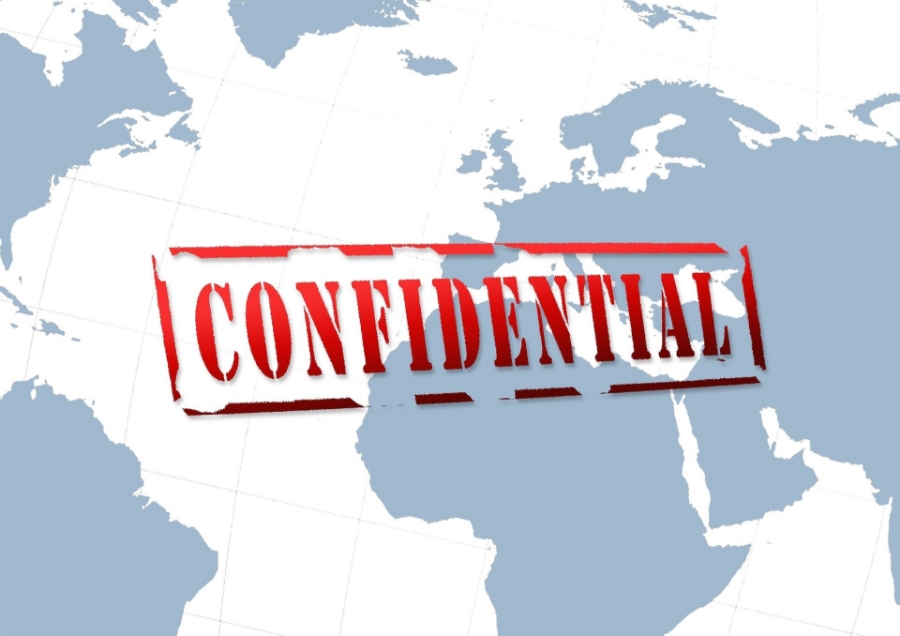Non-disclosure agreements, confidentiality agreements, business protection agreements, trade secret agreements.
No matter what you call it, a non-disclosure agreement (also called an NDA) an essential part of a company's internal and external contractual structure.
There is no good reason for your business not to use an NDA, and a number of good reasons why you should have at least one NDA template in your corporate toolbox. Many companies have several Non-Disclosure Agreements – one for employees, one for outside contractors, one for suppliers, etc.
Let's discuss the top 4 reasons your business needs an NDA.
Reason #1: A Non-Disclosure Agreement protects your customer information.
You are legally responsible for securing your customers' personal information to ensure that it's not stolen or disclosed, whether accidentally or intentionally. Most countries have adopted privacy laws to protect consumers against fraud, identity theft, and invasion of privacy. A business that fails to comply with those laws can suffer serious consequences.
All employees, managers, and contractors who have access to your customer records should be required to sign a Confidentiality Agreement prohibiting any disclosure of any such information to anyone, including family members. You can choose to incorporate the confidentiality provisions into your standard employment contract, or use a separate agreement or confidentiality pledge form.
Your company should also adopt a confidentiality policy that clearly states what the employee's / contractor's obligations are and what their liability will be if they breach the confidentiality provisions. The policy statement should also be distributed to any third party consultants that the company has contracted with, who may receive or have access to confidential information in the course of performing their services.
Reason #2: A Non-Disclosure Agreement keeps your financial data safe.
A competitor could use your financial data to their advantage. So could an ex-employee. A 2014 white paper by Osterman Research revealed that "68% of information workers store work-related information in a personally managed file-sharing solution". And "89% of employees continue to have access to at least one application from their former employer now that they are working for someone else."
A 2021 article by SmallBizGenius.net quotes some alarming employee theft statistics. According to the American Bar Association, "59% of ex-employees admitted to stealing the company's sensitive information when leaving previous jobs".
While requiring your employees and contractors to sign a Non-Disclosure Agreement may not completely protect you from employee theft or fraud, it creates a contractual obligation on their part to protect and not disclose your confidential information, which will continue beyond the term of their employment with you.
Reason #3: A Non-Disclosure Agreement helps your business maintain its competitive edge.
If you have a patented process, a unique business model, a "secret formula", or a software application you've developed specifically for your business, this is a valuable trade secret that your competitors would like to get their hands on.
Trade secrets and intellectual property are some of your company's most valuable assets. If you used outside consultants (programmers, researchers, and the like) to assist in developing those trade secrets, every one of them should be bound by confidentiality agreements. Likewise everyone inside your organization who is privy to these assets should also sign an NDA.
Reason #4: A Non-Disclosure Agreement helps to preserve the value of your business.
If you're planning to sell your business, potential buyers will want all the information about your operations so they can do their due diligence. If you don't require these potential buyers to sign a confidentiality agreement before turning over that information, you run the risk of having your data stolen by someone who may just become your next competitor - with your trade secrets in their hands.
Image by Gerd Altmann from Pixabay





